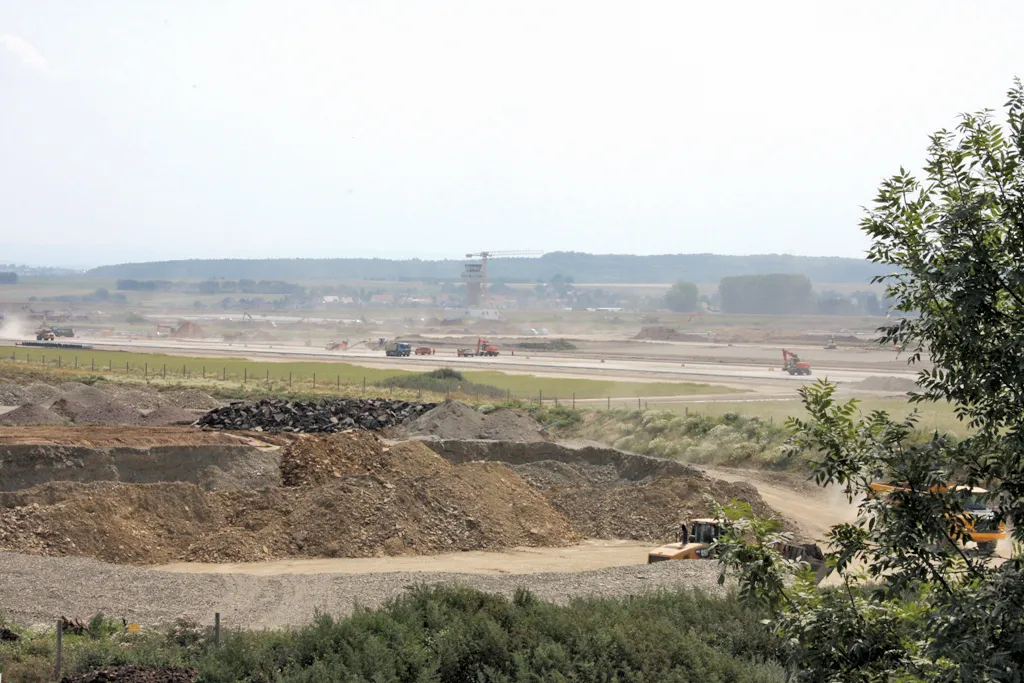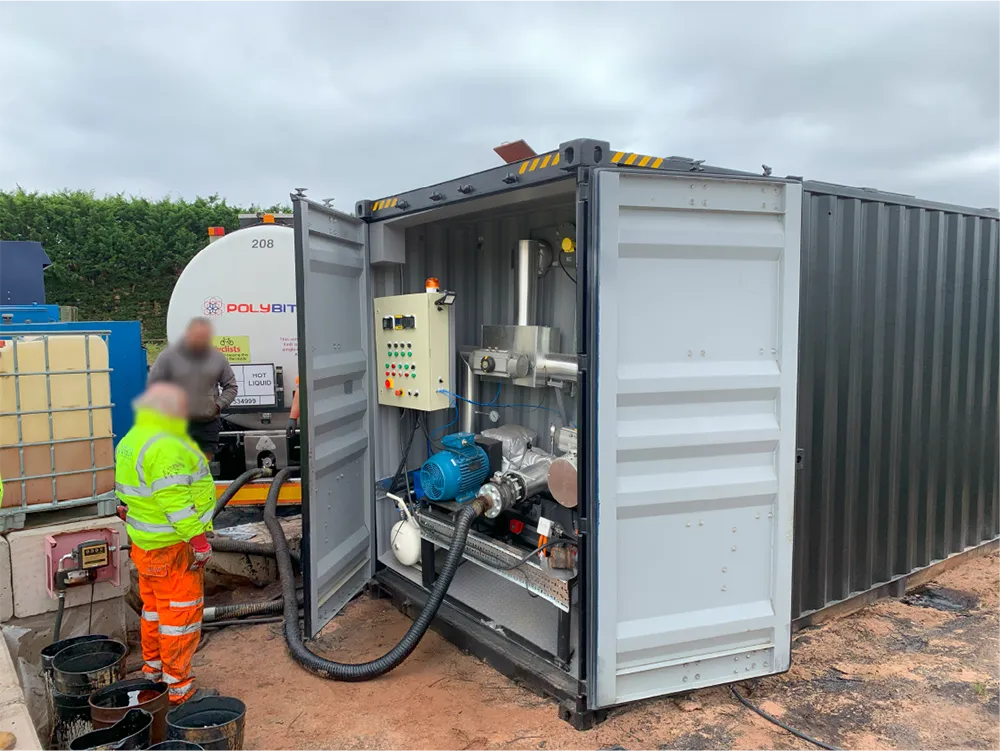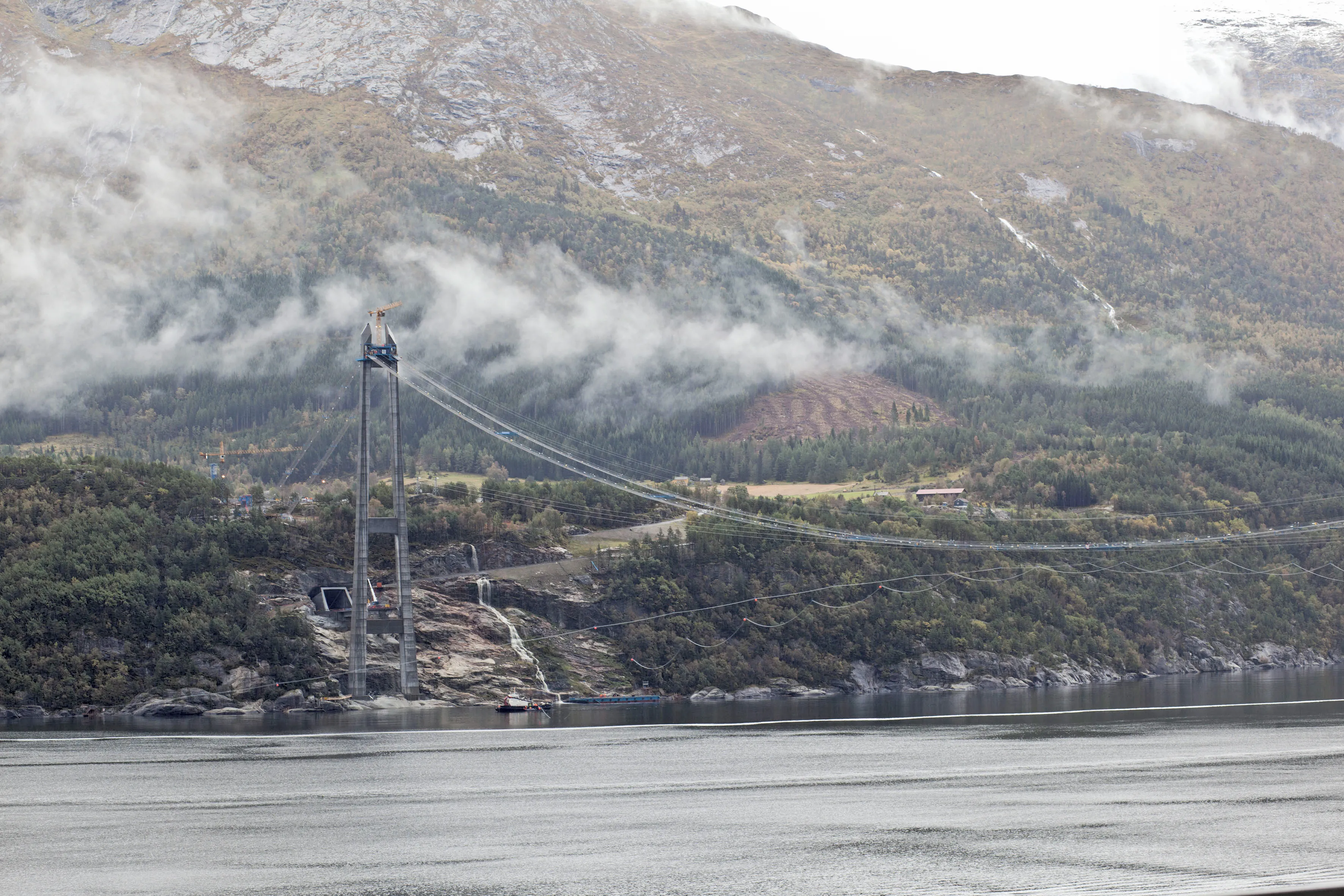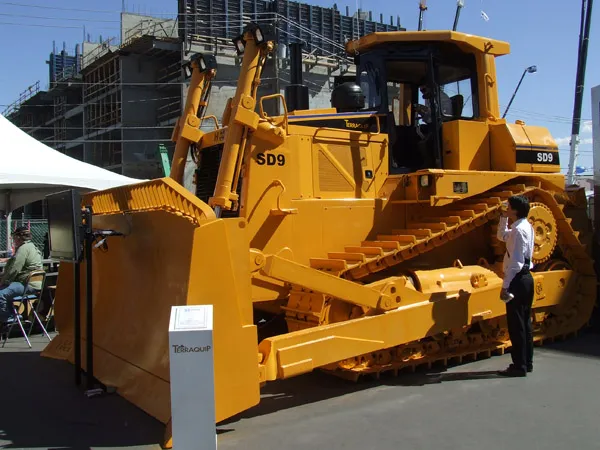German chain link manufacturer Erlau is showing its range of tyre protection and traction products for mining, quarrying and other demanding applications. Erlau provides wear link and traction chain options for all sizes of wheels, including for the largest loaders. Its ring-link system offers a wide range of high-alloy dropped forge links. Its ring-ring system is designed for very abrasive materials, while its ring-locking system is specifically designed for use on hot slag. In addition, three different ch
January 6, 2017
Read time: 2 mins
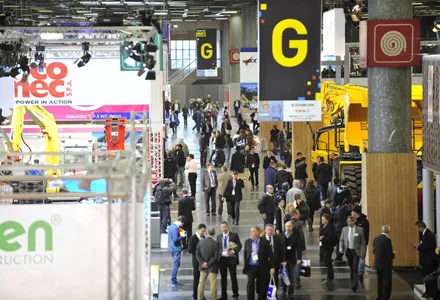
German chain link manufacturer 3196 Erlau is showing its range of tyre protection and traction products for mining, quarrying and other demanding applications. Erlau provides wear link and traction chain options for all sizes of wheels, including for the largest loaders. Its ring-link system offers a wide range of high-alloy dropped forge links. Its ring-ring system is designed for very abrasive materials, while its ring-locking system is specifically designed for use on hot slag. In addition, three different chain mesh configurations provide protection, traction, or protection plus traction. Erlau is noted for innovations such as its CMS monitoring system, which embeds an RFID device in the tyre chain that records its production history, including batch number, test results, installation, maintenance, incidents and operating hours. More recently, the company introduced hammerless spare parts. Its EASYLOCK system is a connecting ring that that replaces the traditional use of a hammer and pin with an open Omega-shaped ring and locking hasp operated with an allen key. “This makes tyre chain maintenance not only safer but faster as well,” says Francesco Di Giusto, manager tyre protection chain division of Erlau. The firm is currently working on a further innovation to its product range that it plans to introduce next year, says Di Giusto, which it hopes will further extend its leading market share.


